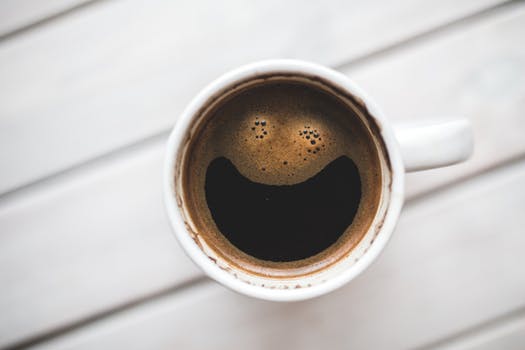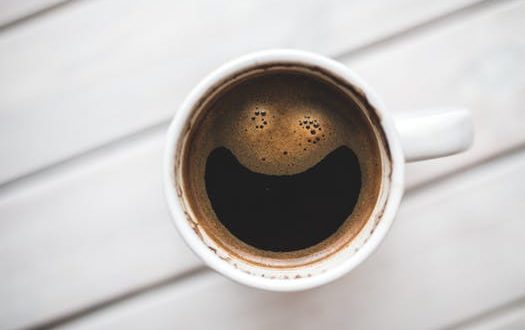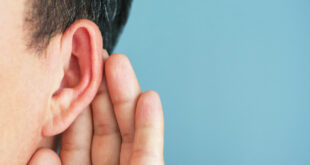Often censured as the power of nothing, the placebo effect is a concept that’s mesmerised cognitive scientists for decades. Amazingly simply, it’s based on the theory that the human body can harness the beneficial effects of a drug or treatment, without actually receiving the drug or treatment itself. Instead, the patient is treated with a placebo. As the placebo doesn’t contain an active substance, the recovery is triggered entirely by the patient’s belief in the drug or treatment.
Yes, it’s real. And yes, it really does work! In fact, in some mental health cases placebos can be up to 90% as effective as chemical medications.
The reverse placebo effect
Of course, the ‘power of nothing’ can also work the other way. Labelled the ‘nocebo’ effect, scientists have also reported cases of patients taking a placebo and experiencing side effects that shouldn’t exist.
Ethics
 So where does the placebo effect leave doctors? Unsurprisingly, it’s a bit of an ethical grey area. Should GPs prescribe placebo treatments in the hope that patients will harness the placebo effect? And should they encourage participation in alternative treatments for the same reason? How would you feel if you were prescribed a placebo and it didn’t work?
So where does the placebo effect leave doctors? Unsurprisingly, it’s a bit of an ethical grey area. Should GPs prescribe placebo treatments in the hope that patients will harness the placebo effect? And should they encourage participation in alternative treatments for the same reason? How would you feel if you were prescribed a placebo and it didn’t work?
Ideally, weaving honesty and transparency into placebo prescriptions is the best approach. In no cases should certain drugs and treatments be advertised as ‘miracle’ cures. That said, the placebo effect simply doesn’t work if the patient is aware of the situation. This means that doctors have a responsibility to support placebo treatments, without giving patients false hope. This means carefully considering whether the cost of treatment harmful to the patient, and if the potential side effects could cause problems. If the answer is no, prescribing a placebo drug could be beneficial.
Harnessing the power of placebo
It’s generally used in a medical context, but according to some lifestyle architects there’s no reason why the placebo effect can’t be leveraged to your advantage. So how can you harness the power of the placebo effect? In a nutshell, it’s all down to the power of positive thinking. Patients simply believe that a drug or treatment is going to work, so it does.
 Despite its positive benefits, the term placebo is intrinsically linked to inauthenticity. But what if the concept was viewed not as a form of cognitive trickery, but as a reflection of the potent and immensely powerful effect the mind has on the body? Advocates are passionate about the fact that the placebo effect shouldn’t be a by-product of deception. Instead, they maintain that with the right attitude, individuals should be able to harness the power of the mind, and use it to nurture the body.
Despite its positive benefits, the term placebo is intrinsically linked to inauthenticity. But what if the concept was viewed not as a form of cognitive trickery, but as a reflection of the potent and immensely powerful effect the mind has on the body? Advocates are passionate about the fact that the placebo effect shouldn’t be a by-product of deception. Instead, they maintain that with the right attitude, individuals should be able to harness the power of the mind, and use it to nurture the body.
If this attitude sparks a little excitement, it could be time to start exploring the concept of healing meditation. Yes, it’s a little intangible and definitely not backed by Western medicine. But when you read stories like these, it’s hard not to be drawn in by the concept of meditative healing.
Do you have any experience with the placebo effect? We’d love to hear your stories, so feel free to share in the comments box below.









Join the Discussion
Type out your comment here:
You must be logged in to post a comment.